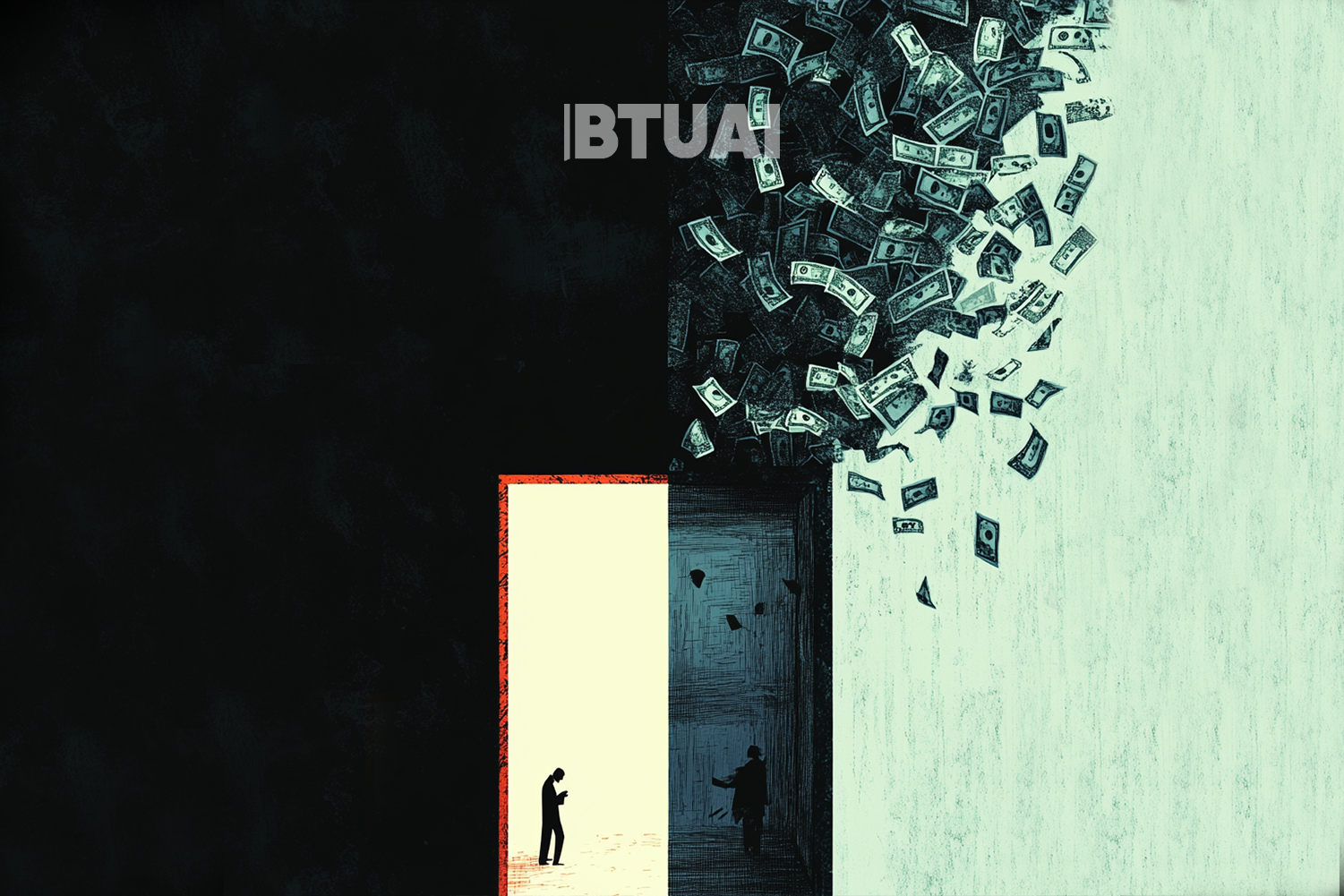Economic Freedom in Georgia: Regression Risks Following Long-Term Progress
Economic freedom plays a crucial role in fostering economic growth and improving social well-being. High levels of economic freedom

Economic freedom plays a crucial role in fostering economic growth and improving social well-being. High levels of economic freedom encourage business innovation, attract investments, reduce corruption, and create a stable market environment, making a country appealing to foreign investors. It is also linked to lower unemployment rates, higher productivity, and reduced poverty. Conversely, a decline in economic freedom can hinder development and pose long-term risks.
To analyze Georgia’s economic freedom, two major international indices are used: the Heritage Foundation’s Index of Economic Freedom and the Fraser Institute’s Economic Freedom of the World Index. Each evaluates various factors, including property rights, trade freedom, fiscal policies, and regulatory efficiency, offering a comprehensive picture of long-term trends and the current state.
Long-term trends reveal that Georgia has made significant progress in economic freedom over the past two decades. According to the Heritage Foundation, Georgia’s score in 1996 was only 44.1, categorizing it as “repressed.” By 2013, thanks to reforms such as tax simplification and trade liberalization, the score rose to 75.4, granting the country a “mostly free” status. However, recent years have seen slower progress and declined to 68.4 in 2024.
Similarly, the Fraser Institute reports that Georgia’s score rose from 6.0 in 2000 to 7.4 by 2010, reflecting the success of institutional reforms. However, by 2022, the score had slightly dropped to 7.67, indicating a slowdown in the pace of economic freedom development.
Economic freedom has been a cornerstone of Georgia’s remarkable economic transformation since the early 2000s. Following a wave of comprehensive reforms, the country became one of the most business-friendly environments in the region, consistently ranking high in ease of doing business indices. This progress directly contributed to attracting billions in foreign direct investment (FDI), which reached $2 billion in 2022. With minimal trade barriers, low tax rates, and simplified regulatory frameworks, Georgia has positioned itself as a regional hub for international business, especially appealing to investors seeking stability in a region often characterized by weak property rights and high corruption. In contrast to neighboring countries with lower economic freedom, Georgia’s open-market policies and regulatory efficiency have allowed it to maintain a competitive edge and attract diverse investment projects, particularly in infrastructure, energy, and tourism sectors.
A detailed analysis of current categories shows mixed outcomes across different components. According to the Heritage Foundation, Georgia’s strong points include a low tax burden and trade freedom, which continue to support foreign investments. However, challenges such as increased government spending and a negative budget balance have adversely affected the country’s fiscal health. Furthermore, low scores in investment freedom and financial freedom remain critical risks.
The Fraser Institute similarly highlights both strengths and weaknesses. Georgia scores well in international trade freedom, maintaining a competitive position in the region, and in regulatory flexibility, which fosters a favorable environment for both domestic and foreign businesses. However, weaknesses in the legal system and property rights protections remain significant obstacles. Fraser’s data shows that issues like low judicial independence and inadequate mechanisms for property rights enforcement undermine Georgia’s economic potential.
Both indices underscore that the country’s core challenges are tied to institutional weaknesses. While Georgia benefits from strong tax and trade regulations, it must address persistent gaps in its legal and fiscal systems. Strengthening these areas will be crucial for the country to regain momentum in economic freedom and ensure sustainable development.
Georgia’s path to economic freedom demonstrates significant achievements but also highlights areas that require ongoing reform to maintain progress and stability in the face of current challenges.




